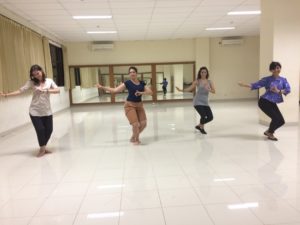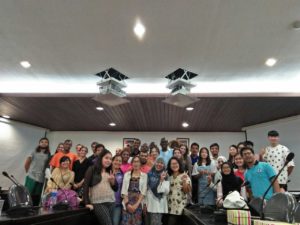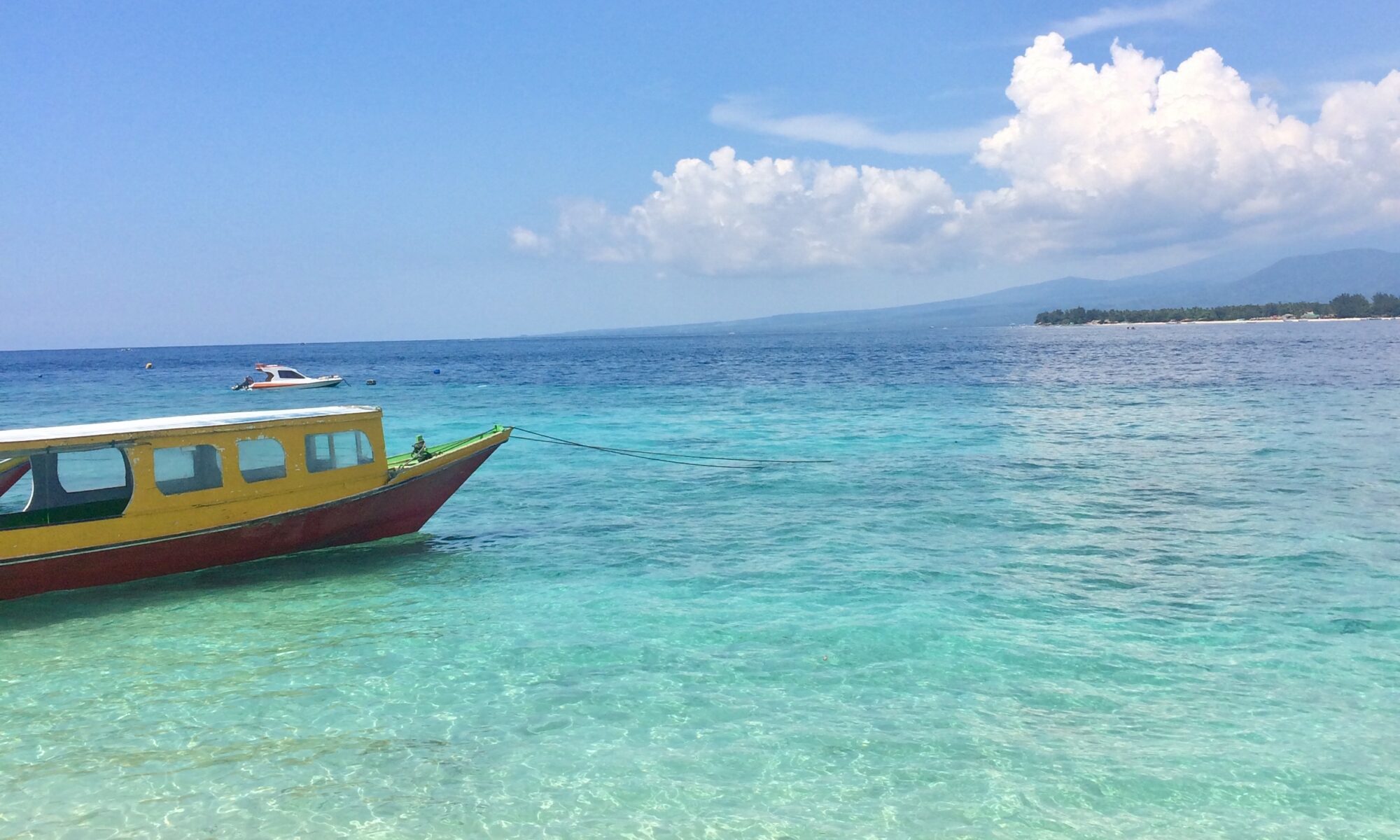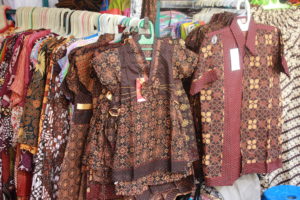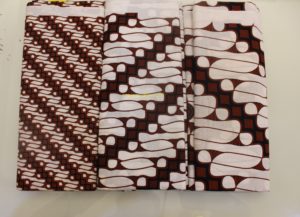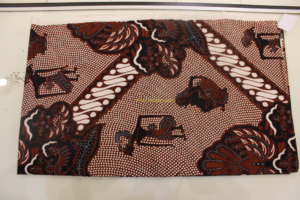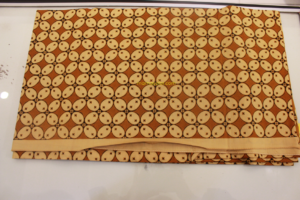If you are also passionate about learning languages then why not Bahasa Indonesia? The Ministry of Education of Indonesia gives the opportunity for foreign students to live and study in Indonesia for one year. The scholarship program is called Darmasiswa. Last year, I became one of the lucky ones who got the Darmasiswa Scholarship to study Bahasa Indonesia at the Universitas Negeri Yogyakarta (UNY).
UNY is one of the universities in Indonesia which has been taking on Darmasiswa students since 1999. Also, UNY is the institutional organiser of BIPA ( Indonesian Language for Foreign Speakers).
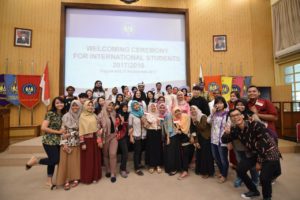
In the first semester, the program emphasises on survival language. Including activities inside and outside the school. For example, going to the Pasar (market) and learn how to bargain.
The language classes are based on theory and practice, including activities which are carried out regularly by lecturer and tutors. Therefore,the Learning module is based on lecturing, tutorials, workshops and excursion.
Lecturing: Three times a week. Students can learn the language which lecturers in class. Learning orientation is on communication skills and grammar.
Tutorials: Tutors as teaching assistants has the responsibility to strengthen the learning outcomes with lecturers. Tutorial activity is more practical.
Workshops: Workshops were mainly on Fridays and the main purpose to the workshops is to learn more about Indonesian art and culture.
Excursion: Through excursions, student get to know Indonesia closer in literature , social communities, tourism, and cultural heritage. This activity is conducted by discussion model, exploration study, and direct visit.
OUR visit to Culture Camp, first hand experience with the local villagers.
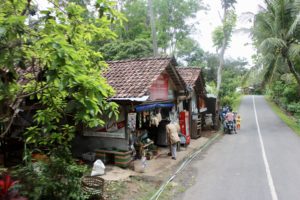
During the Culture camp we stayed with local families.
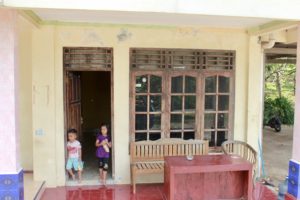
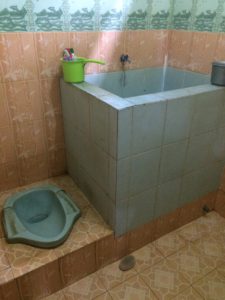
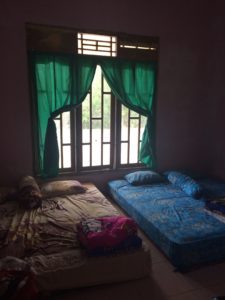
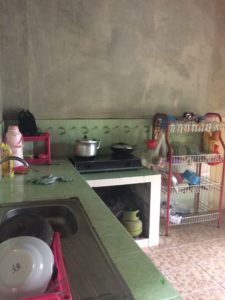
UNY has provided many other opportunities to explore Indonesian culture such as, traditional Dance, trips etc.
